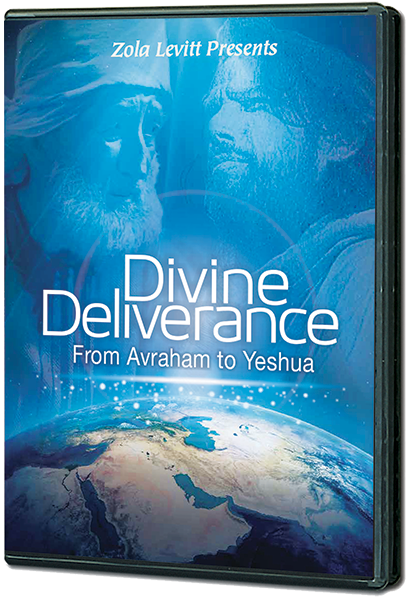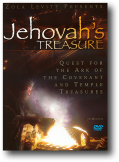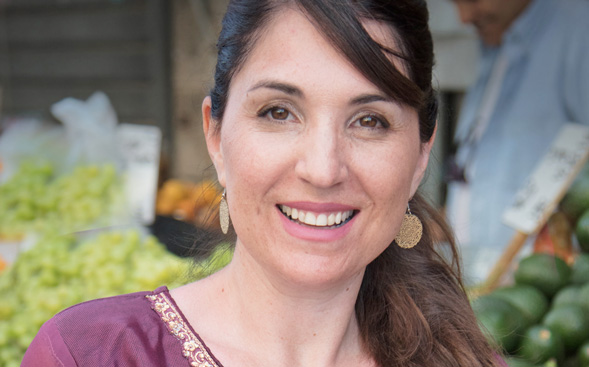
FROM SARAH, OUR SABRA
ON THE GROUND IN ISRAEL
Dear Friend,
Greetings to you from the Holy Land. Last month I wrote to you about the early pioneers who came to Israel pre-1948 with drive and commitment to their vision. What a joy it has been to read the letters you sent me about your own personal pioneering life experiences! Thank you, Freddy Edelstein, for sharing how the Lord sent you here to Israel in the early ’70s to serve in the IDF. One day, Freddy was “caught” reading the New Testament Scriptures by an Orthodox fellow soldier who reported him. Freddy was nearly kicked out of the army for his beliefs.
However, the Lord, through a set of amazing circumstances, not only kept him in the IDF but upon completing his service, Freddy received a medal recognizing his work and contribution. When we are serving the will of the Lord, He is the one who keeps us on track and in the center of His will, no matter what opposition we might face.
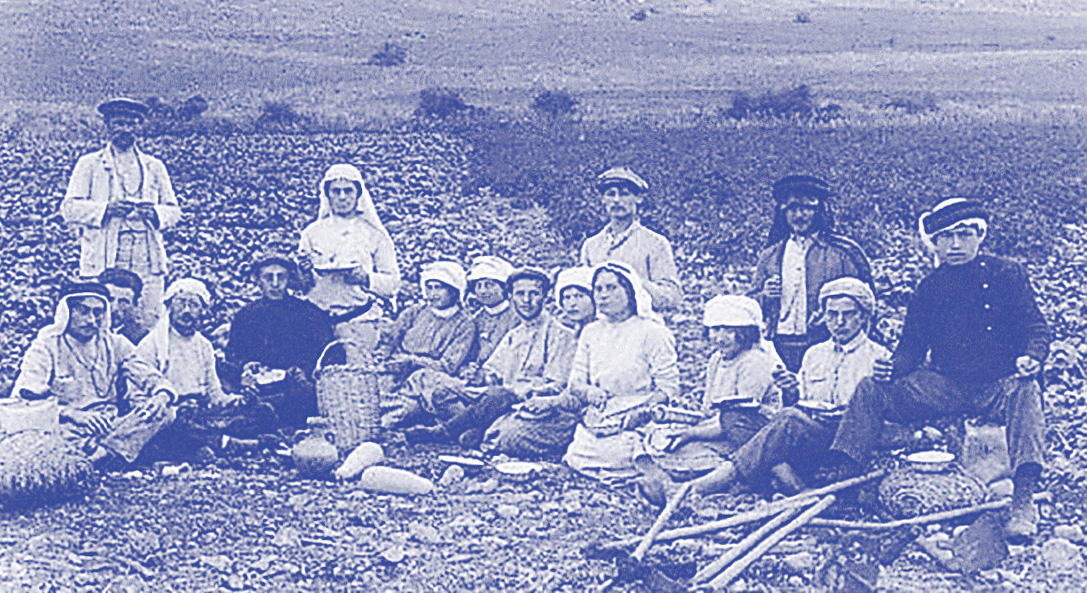
PIONEERING: THE EARLY ARRIVALS TO ISRAEL
This month we will continue with our theme of pioneering and look at what these people did once they arrived here in Israel. In the early days of the 20 century, all Jewish pioneers took to agriculture as their main work and means to provide for their families. Small villages were set up with communities, such as Petach Tikvah (a door of hope), Rishon L’tzion (first to Zion), Zichron Yaakov (Jacob remembers), Rosh Pina (the corner/head stone), etc.
Later, Kibbutzim were formed. A Kibbutz is another form of village with an agricultural base. However, it also incorporates a commune ideology, wherein all members of the community share absolutely everything. No one owns any personal property, house, food, or provisions. In the early days, even childcare was a communal responsibility.
The pioneers faced a barren and desolate land. Their mission as farmers was to bring life and sustenance from the soil. In order to eat and survive, they had to loosen the ground, plow and prepare it for sowing, sow the seeds, tend their crops, provide adequate water, and hope/pray for a bountiful harvest. Each year they had to repeat these same actions.
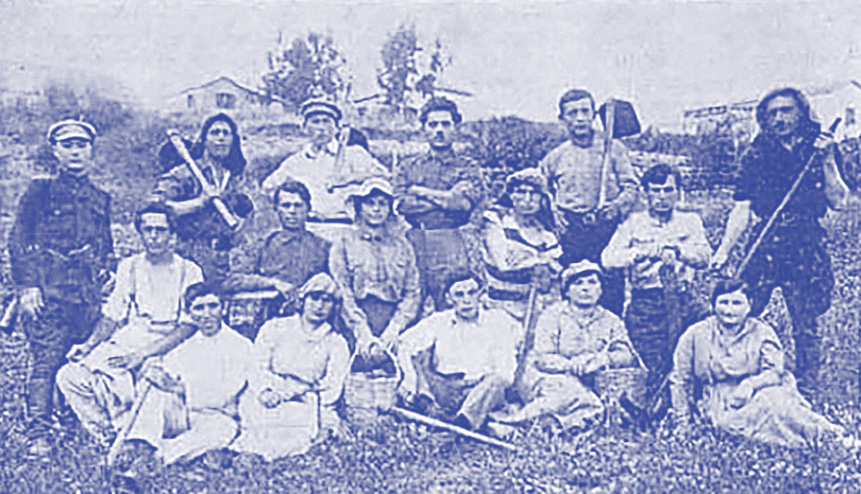
PIONEERING: THE AGRICULTURAL CYCLE
This yearly agricultural cycle hasn’t changed much since Bible times. In fact, it aligns with the Biblical festivals God commands us Jews to commemorate in His Word (Leviticus 23). The cycle begins in the fall during the month of Kislev (November/December) when the seeds are sown, and continues over the next four months. The earliest harvest occurs in the month of Nisan (March), just in time for the Passover festival. During the month of Sivan (May) the wheat crop is harvested, as reflected in the Two Loaves offering during the Shavuot festival (Feast of Weeks) made from the first grains received.
The next few months — during the summer from Tamuz to Elul (June through August) — are spent gathering the summer fruits and crops. As we enter into the month of Tishrei (September), it is time to start planning for the year to come, preparing the soil to begin the new cycle after the autumn festivals (Feast of Trumpets, Day of Atonement, and the Feast of Tabernacles).
Yeshua referred to this cycle many times in His teachings and parables. He was well aware that His audience was familiar with agriculture’s activities and seasons. Specifically, He dealt with the principle of reaping and sowing. This principle is a simple one. It states that you have to sow in order to reap; meaning, you will get out of the ground what you put into it.
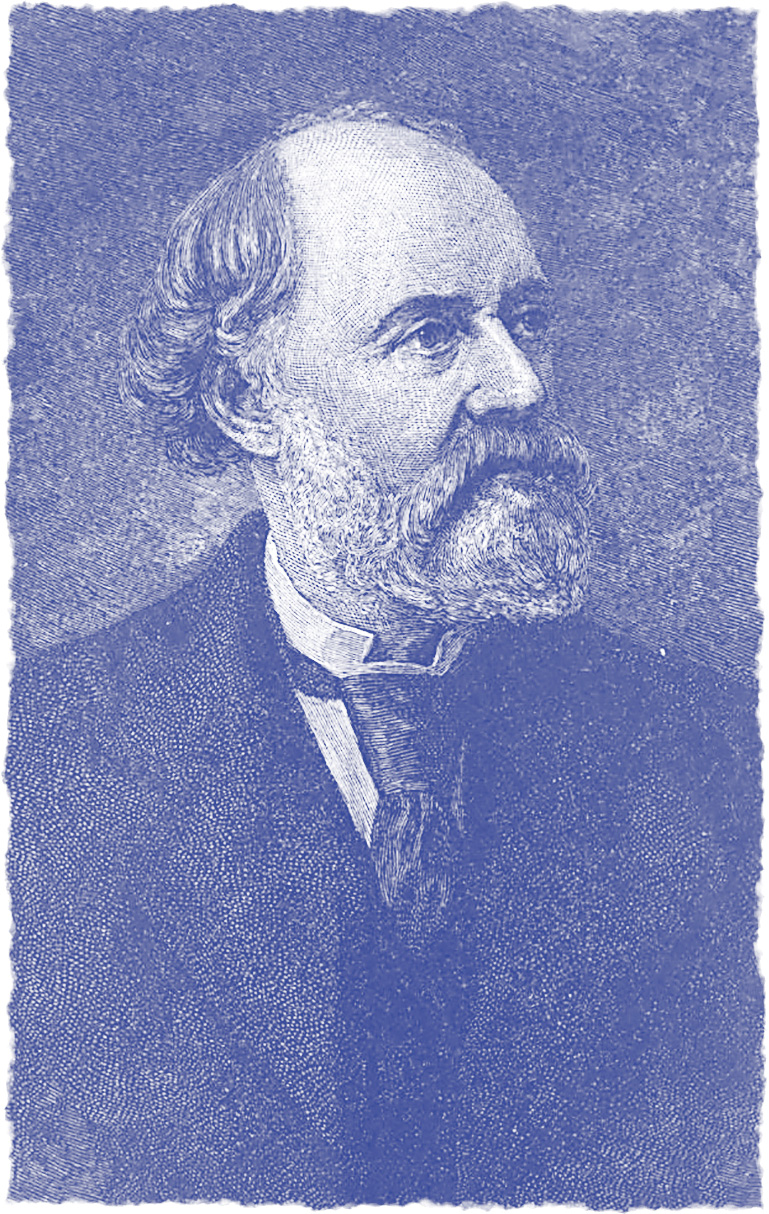
Many times I’ve heard this principle used as a warning: If you sow bad things, you can expect to reap bad things — similar to “You get what you pay for.” But I believe that we must break down this principle into its components in order to truly understand what Yeshua is trying to teach us through His Word.
First: If you don’t sow, you definitely can’t expect to reap. In last month’s letter, we saw that we are all called to be fruitful (Genesis 1:28). Therefore, if you have an area of your life that is barren, you need to sow! If you want a harvest — you need to sow!
Second: The seed can’t change its fruit. If it’s a grain of wheat, wheat is what it shall produce. Accordingly, we must examine what seeds we are sowing. Satan deceives us into thinking that sowing seeds of the flesh will be good for us. God has called us to “pick up our cross” and “die to our flesh daily” (Matthew 16:24; Luke 14:33). Charles Reade once stated: “Sow an act and you will reap a habit, sow a habit and you will reap a character, sow a character and you will reap a destiny.”
In the parable of the sower (Matthew 14, Mark 4, and Luke 8), Yeshua teaches us another important lesson that I find is widely overlooked. Most people focus on the seeds and the outcome that the seed faces, depending on the soil where it lands. Only once out of four times, or 25% of the time, does the seed land in good soil and actually grow! These odds are not encouraging and can lead some of us to give up before we even begin.
SOWING SPIRITUALLY
If we liken the seeds to souls, we may deduce that it is better to first find the good soil and then plant our precious seeds. But the sower in the parable does no such thing. He sows faithfully. He sows regardless of the outcome.
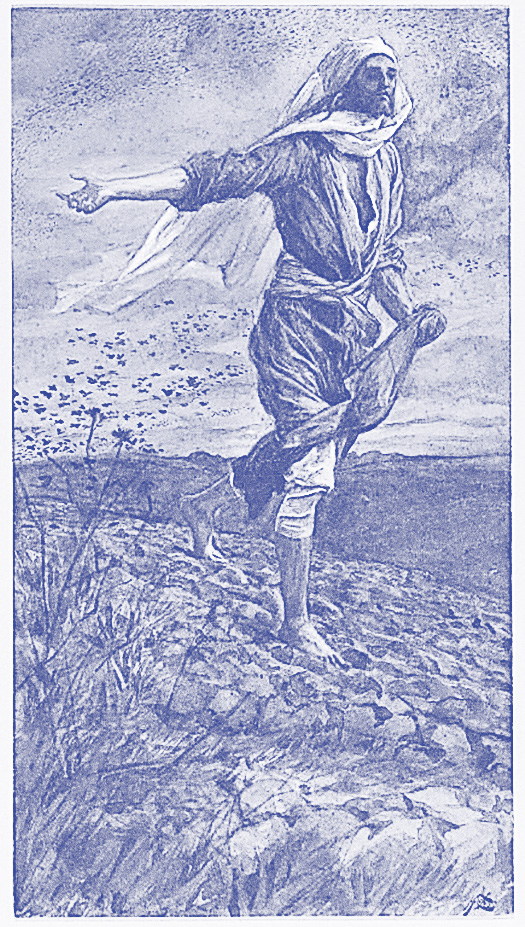
You and I must sow to gain souls for the Kingdom no matter whether or not the soil looks promising. The committed sower does not judge the ground but rather continues to sow, propelled by the vision of the upcoming harvest. We should not judge the state of someone’s heart; God does that. Our “job” in God’s economy is to sow diligently. The outcome, or how much we will reap, is up to Him.
Psalm 126 tells us that those who sow in tears — in hard work and toil — will reap with joy. Why do the sowers sow while weeping? John 12:24 teaches us another principle in the process of gaining the harvest: “Unless a kernel of wheat falls to the ground and dies, it remains only a single seed. But if it dies, it produces many seeds.” Death, while difficult and at times sad, will bring forth much fruit. Yeshua’s life, death, and resurrection provide the ultimate illustration of this truth.
The process of multiplication in God’s economy requires the death of that seed that has fallen into good soil. As the seed falls to the ground, however, it already holds the promise of the fruit it is to bring forth. If you have the seed — you already have the harvest!
As time goes on, others may come and tend to the seed that we’ve sown — water it and nurture it. We are still part of that harvest. Amos 9:13 has an astonishing prophecy: “The reaper will overtake the sower.” God is saying that there will be a speeding up of this process such that we may reap where others have sown before us — even before they sow!
Many Believers (“Believers” is short for “believers in Yeshua/Jesus as Messiah”) conclude that they cannot be effective for God. I am telling you not to despise the day of small things. Others may imagine it is too late, or impossible, or just too difficult to serve the Lord. I say do not be idle, but trust God in all things and take action as He shows you.
“Do not be deceived. God will not be mocked. For whatever one sows, that he shall also reap” (Galatians 6:7). You may think you’re not sowing into anything, but you are always sowing into something. If you sow into idle things, idleness is what you will reap. If you sow into discipleship, you will reap disciples. If you sow financially, you will be, according to God’s Word, blessed (2 Cor. 9:6–8).

If you sow into the Kingdom of God, that is what you shall reap. For example, in John 13:35, Yeshua teaches us that if we love one another, we will stand out as His talmidim (disciples). By sowing love toward others, we show publicly that we follow Yeshua. This way of living Godly stands out in a world that is fueled by selfishness and self-gratification. When we lay aside our own desires, as Messiah did, we are sowing into His Kingdom.
It may be that all you are able to do today is pray. Do that! You can give no more valuable currency to the Lord. The seed of faith is precious. Few truly possess it. If you are living your life for God, there ought to be something to show for it. If you are not hungry for the things of God, ask Him to fill you with that hunger until all you can think of is Him.
Time is short. Yeshua knew that the fields are ripe but that few will agree to go and work to bring in the harvest. Oh, to be counted among those few: sold out, on fire, devoted to the things above! One seed subjected to the cycle, each year, will bring forth a bountiful prize in the end. Do not give up. Ask the Lord for a harvest; then, do whatever He tells you to sow the seeds.
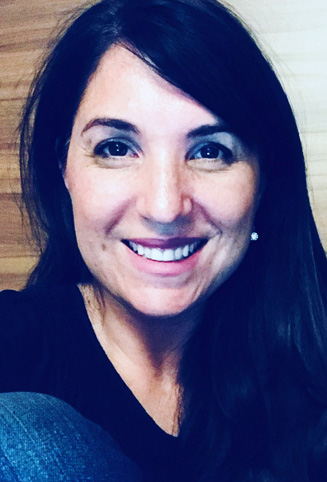
Im tirdefu lada-at oto —
“Press on to know HIM!” (Hosea 6:3 NLT),

Sarah Liberman
P.S. Do you have a testimonial about how a small seed was multiplied? Or perhaps about how you sowed a seed only to later learn the outcome of your faithfulness? Write to me and tell me that story! 
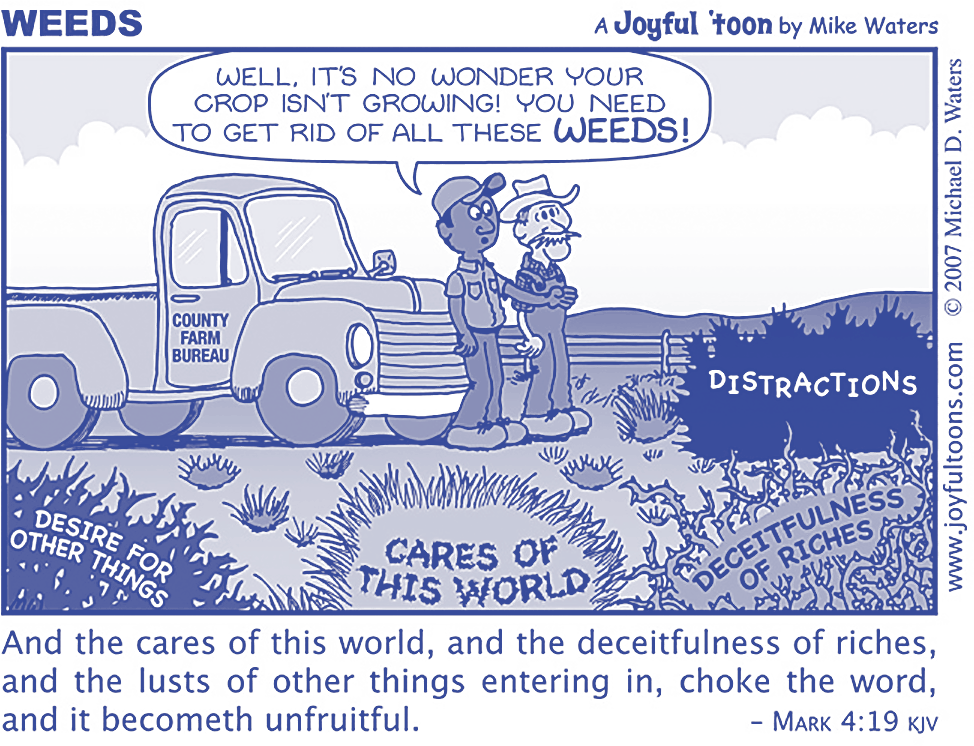

COVID-19 causing further delays for all tours to the Holy Land
“This too shall pass” (a Persian adage). Due to ongoing travel restrictions, Israel’s borders remain closed, and El Al canceled our Fall Tour flights. Keep praying for the health and welfare of Israel, Greece, and Jordan. Without tourism, these lands of the Bible that we visit annually are enduring pandemic-related turmoil. We eagerly anticipate our Spring 2021 Tour to Israel and Jordan and pray in agreement that it will unfold as planned.
Will you be ready to experience the glorious Holy Land? Get more information from Zola Tours manager Sandra at 214-696-9760, travel@levitt.com, or levitt.com/tours. She can help you prepare for your journey of a lifetime!
| Deluxe (Israel only) | Mar. 8–18 | $5,288 |
| Grand Petra (Israel & Petra) | Mar. 8–21 | $6,488 |
Our tour partners in Greece and Israel are staying in touch with us to ensure phenomenal travel experiences for all of our pilgrims once their borders reopen. Come with us and be prepared to be welcomed with the open arms of hosts who appreciate our groups’ steady devotion.
A Note from David and Kirsten Hart
Isn’t it intriguing, Sarah, the way God aligned the Biblical festivals with the agricultural cycle? We too admire how Yeshua taught Kingdom principles in parables with memorable imagery. What beautiful concepts; what a magnificent Savior!
Farmers must cultivate their soil and choose the ideal seasons to sow seed. As a ZLM supporter, your loyal investment in this ministry has enabled us to cultivate a vast outreach via television, mail, and the internet — our soil, so to speak. We hope you realize that planting financial seed during this COVID-19 season, when multitudes of viewers and readers are sheltering at home, will ensure unimaginable harvests.
We at Zola Levitt Ministries are careful to nurture, cultivate, and do everything within our power to wisely grow (multiply) your donations. You get to see the rewarding “fruits” of our labor with the Bible teaching that blesses you on Our Jewish Roots, the Levitt Letter, and www.levitt.com — and also when viewers, readers, and cyber-guests from everywhere share their testimonials.
As mankind on every continent endures a desperate season of spiritual and economic drought, we ministerial workers strive to expand an outreach that delivers messages of salvation and hope. What secular humanity views as an ongoing fight for survival, we perceive as an environment ripe for sowing the Gospel.


